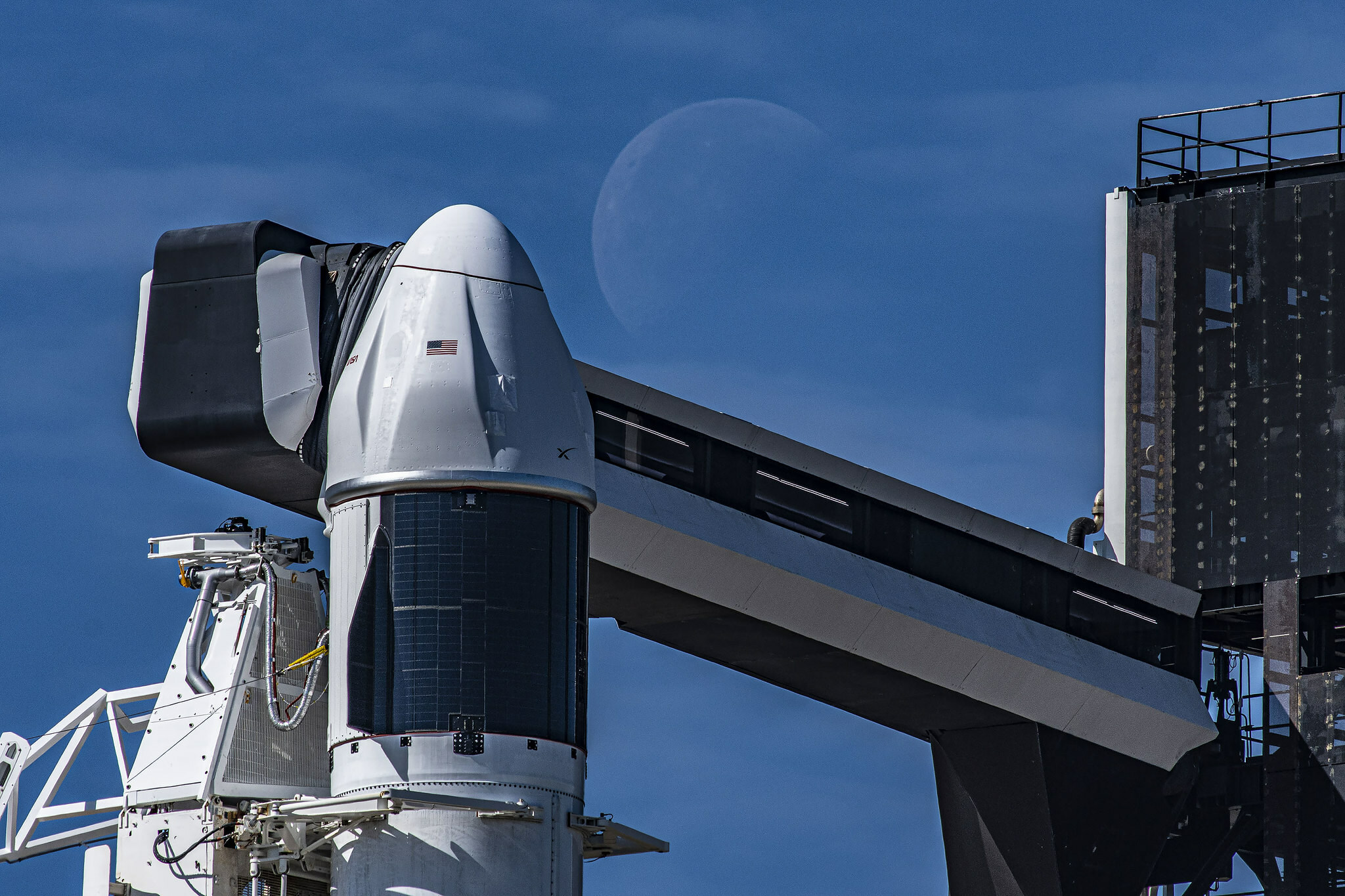Nasa Invites Media To Next Spacex Resupply Launch To Space Station

SpaceX's Dragon will deliver new science investigations, food, supplies, and equipment for the international crew, including the next pair of IROSAs (International Space Station Roll Out Solar Arrays). These solar panels, which roll out using stored kinetic energy, will expand the energy-production capabilities of the space station. This will be the third set launching in the SpaceX Dragon's trunk, and once installed, will help provide a 20% to 30% increase in power for space station research and operations.
Media prelaunch and launch activities will take place at Kennedy. Attendance for this launch is open to U.S. citizens. U.S. media must apply by 11:59 p.m. Monday, May 15. Media wishing to take part in person must apply for credentials at:
https://media.ksc.nasa.gov
Credentialed media will receive a confirmation email upon approval. NASA's media accreditation policy is available online. For questions about accreditation, or to request special logistical needs, please email ksc-media-accreditat@mail.nasa.gov. For other questions, please contact Kennedy's newsroom at: 321-867-2468.
To advance climate monitoring efforts, students from York University in Toronto, Ontario, are providing a camera that will observe snow and ice coverage in northern Canada. Other investigations launching include Genes in Space-10, a student-designed DNA experiment sponsored by ISS National Laboratory, and the next generation of seeds for NASA's Plant Habitat-03, which studies plant adaptation to the space environment.
Cargo resupply by U.S. companies significantly increases NASA's ability to conduct more investigations aboard the orbiting laboratory. Those investigations lead to new technologies, medical treatments, and products that improve life on Earth. Other U.S. government agencies, private industry, and academic and research institutions can also conduct microgravity research through our partnership with the ISS National Laboratory.
Humans have occupied the space station continuously since November 2000. In that time, 266 people and a variety of international and commercial spacecraft have visited the orbital outpost. It remains the springboard to NASA's next great leap in exploration, including future missions to the Moon under Artemis, and ultimately, human exploration of Mars.
For more information about commercial resupply missions, visit:
https://www.nasa.gov/commercialresupply
SOURCE NASA
Post a Comment